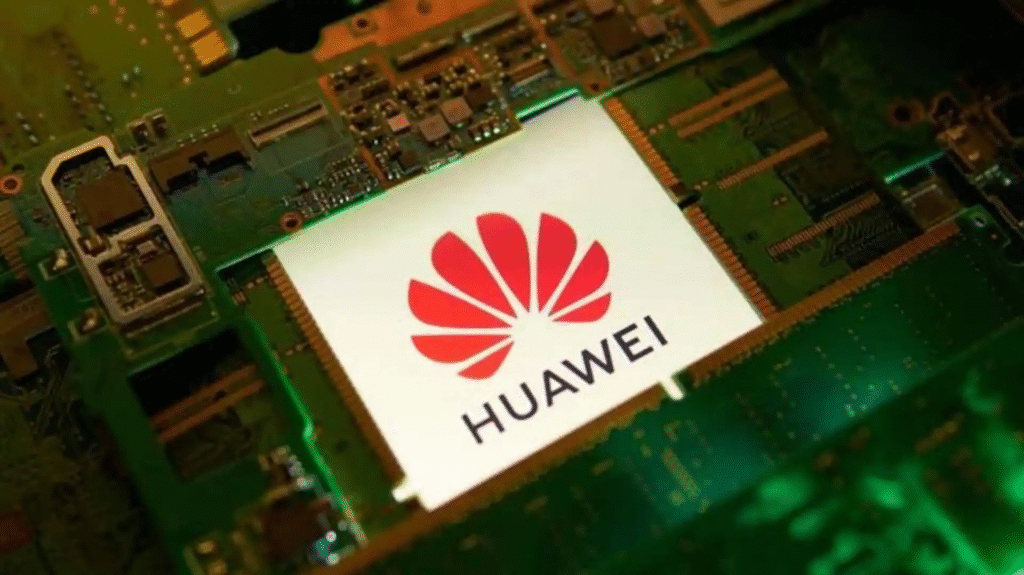Huawei performs evaluation of its new Ascend 910D AI processor at its testing facilities. This technological product aims to challenge the H100 model from Nvidia, which operates worldwide as a primary artificial intelligence processing tool. Huawei will release sample chips to Chinese tech firms starting from May 2025. The US government restrictions on advanced chips to China have forced companies such as Huawei to develop their own independent solutions.

Why Huawei Made This Chip
Nvidia, along with other companies, faces restrictions from the US to sell its leading AI chips into Chinese markets. The limitation of advanced AI tool development exists for Chinese tech companies due to these restrictions. The new Huawei chip functions as part of China’s initiative to limit dependency on foreign technological components.
- US Sanctions: Rules stop China from buying high-end chips like Nvidia’s H100.
- Local Solutions: Huawei wants to give Chinese companies a homegrown option.
- Market Impact: News of Huawei’s chip caused Nvidia’s stock to drop 4%, showing investors are worried.
How the New Chip Works
The Ascend 910D is an upgrade from Huawei’s older chips. Here is what makes it special.
- Speed: It combines two smaller chips to work faster, like having two brains instead of one.
- Memory: It uses special high-speed memory to handle big tasks, like training AI models.
- Software: Huawei made its own software to help developers use the chip, though some say it is not as easy as Nvidia’s tools.
Huawei’s older Ascend 910C chip is already used in China. It is about 60% as fast as Nvidia’s H100 for some tasks. The 910D aims to close that gap.
Challenges for Huawei
Making a chip as good as Nvidia’s is hard. Huawei faces two big problems.
- Production Issues: Huawei’s factory partner, SMIC, struggles to make enough chips quickly. Only 40% of the chips worked perfectly.
- Global Competition: Nvidia’s chips are still better, and the US might add more sanctions to slow Huawei down.
Experts are split. Some think Huawei’s chip could help China become self-sufficient. Others say it will take years to match Nvidia’s quality.
How This Affects the World
If Huawei succeeds, Chinese companies like Baidu or Tencent could use its chips for AI projects instead of Nvidia’s. This would reduce China’s reliance on the US. However, many countries might still prefer Nvidia’s chips because they are more powerful.

A Step Toward China’s Tech Independence
Huawei’s chip functions beyond its categorization as a product. China uses this product to demonstrate its commitment to technological leadership despite the United States’ regulatory impediments. The Ascend 910D demonstrates Chinese determination to develop technological products according to their own independent objectives, even though it fails to match up against Nvidia at the current time. People around the world will monitor whether Huawei successfully transforms this chip into an authentic market competitor, but Nvidia remains the current industry leader.





